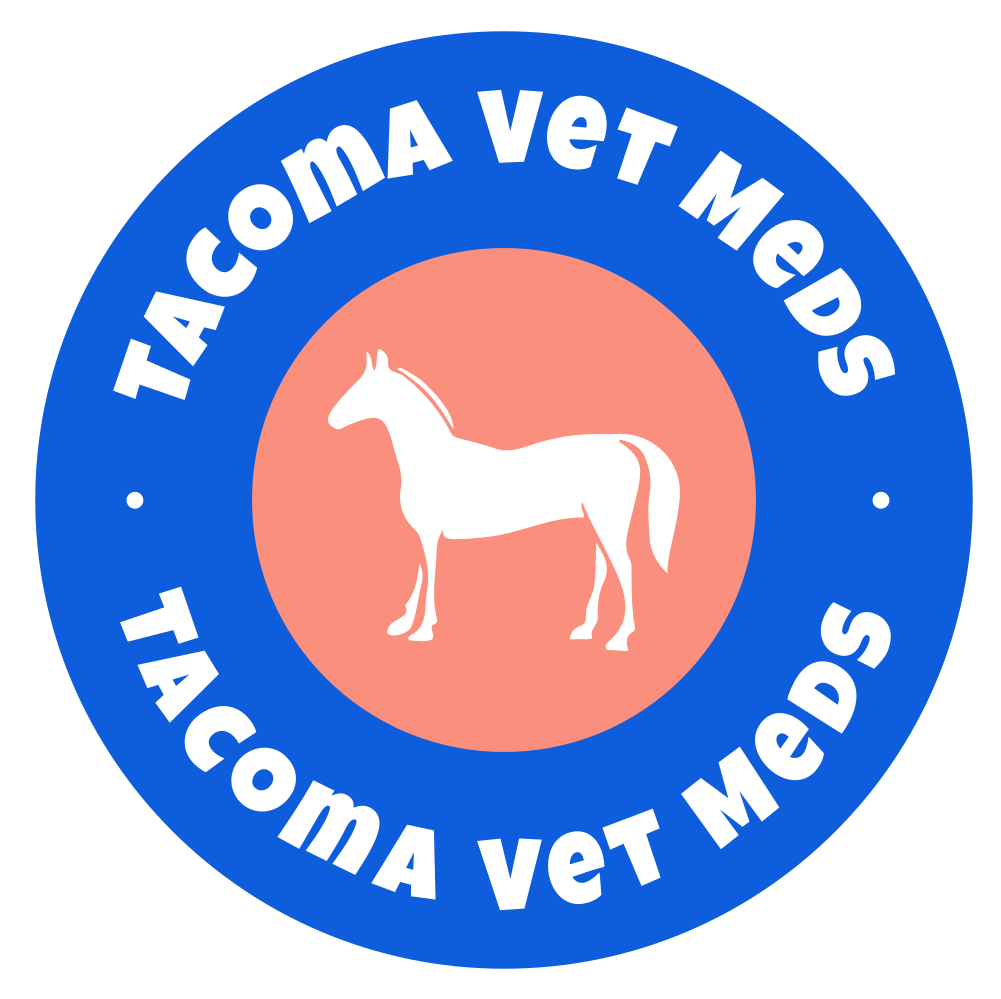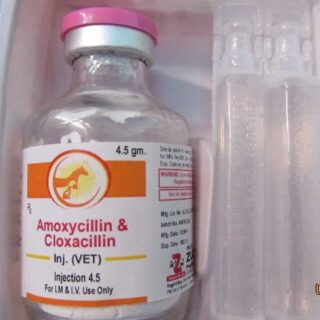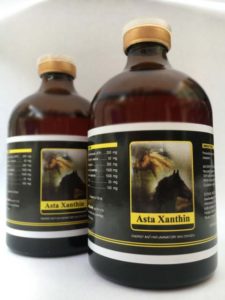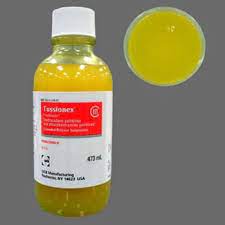The Ultimate Guide to Equine Deworming
Ivermectin for horses is one of the most widely used and trusted dewormers in equine care. Whether you’re managing a large stable or caring for a single companion horse, understanding how Ivermectin works—and when to use it—is essential for your horse’s health.
In this in-depth guide, we’ll cover everything you need to know about Ivermectin for horses, including how it works, when to administer it, safety tips, and where to buy vet-approved products.
What is Ivermectin?
Ivermectin is a broad-spectrum antiparasitic medication used to treat and control internal parasites in horses. It belongs to the macrocyclic lactone class of drugs and is highly effective against a wide range of equine parasites, including:
-
Large and small strongyles
-
Ascarids (roundworms)
-
Bots (Gasterophilus spp.)
-
Pinworms
-
Lungworms
-
Stomach worms
Unlike some older dewormers, Ivermectin is effective against both adult parasites and migrating larval stages.
When Should You Give Ivermectin to Horses?
The ideal deworming schedule varies depending on age, environment, and region. However, Ivermectin is commonly used:
-
Spring and fall: Often part of strategic deworming programs.
-
Post-frost: To eliminate bots after the first killing frost in late fall.
-
Foals: At 8 weeks of age (under veterinary guidance).
Tip: Always use fecal egg count (FEC) testing to determine parasite load before choosing a dewormer.
How to Administer Ivermectin to Horses
Ivermectin is available in oral paste and gel formulations—easy to apply and well-accepted by most horses.
Steps to administer:
-
Weigh your horse accurately (under-dosing reduces effectiveness).
-
Adjust the plunger to the correct weight.
-
Insert the syringe into the horse’s mouth and place paste at the back of the tongue.
-
Hold the head up briefly to ensure swallowing.
Dosage: Standard dose is 0.2 mg/kg body weight, but always follow label directions or consult your veterinarian.
Is Ivermectin Safe for Horses?
Yes—when used correctly. Ivermectin has a wide safety margin and is safe for most horses, including pregnant mares and breeding stallions. However:
-
Never use more than the recommended dose
-
Avoid use in foals under 8 weeks
-
Do not use in other animals unless specified (e.g., dogs or cats)
Side effects are rare, but may include mild diarrhea or salivation.
Where to Buy Ivermectin for Horses
For quality and safety, only buy Ivermectin from licensed veterinary pharmacies or reputable equine retailers. Look for brands like:
-
Durvet Ivermectin Paste 1.87%
-
Zimecterin Gold (with additional praziquantel for tapeworms)
Avoid unauthorized online sources or extremely low prices—they often indicate counterfeit or expired products.
Ivermectin & Parasite Resistance: What You Need to Know
Overuse of Ivermectin and other dewormers has led to drug resistance in some parasites. To protect your horse and slow resistance:
-
Use FEC tests to guide treatment
-
Rotate drug classes (e.g., moxidectin, fenbendazole)
-
Avoid routine monthly deworming unless directed by a vet
Strategic parasite control protects both your horse and the long-term effectiveness of equine dewormers.
Key Takeaways
| Topic | Summary |
|---|---|
| What It Treats | Roundworms, strongyles, bots, pinworms, and more |
| How to Use | Oral paste, every 6–12 weeks based on vet advice |
| Dosage | 0.2 mg/kg body weight |
| Precautions | Safe when dosed correctly, don’t overdose |
| Buy From | Reputable vet supply stores or online retailers |

Final Word: Talk to Your Vet
While Ivermectin is highly effective and widely available, a vet-guided deworming program is the best way to ensure your horse stays healthy. Every horse is different—age, location, and exposure all play a role in parasite risk.
Ready to shop vet-approved Ivermectin products? Visit our [Equine Medications Page] or contact us for expert recommendations on parasite control.







Leave a Reply